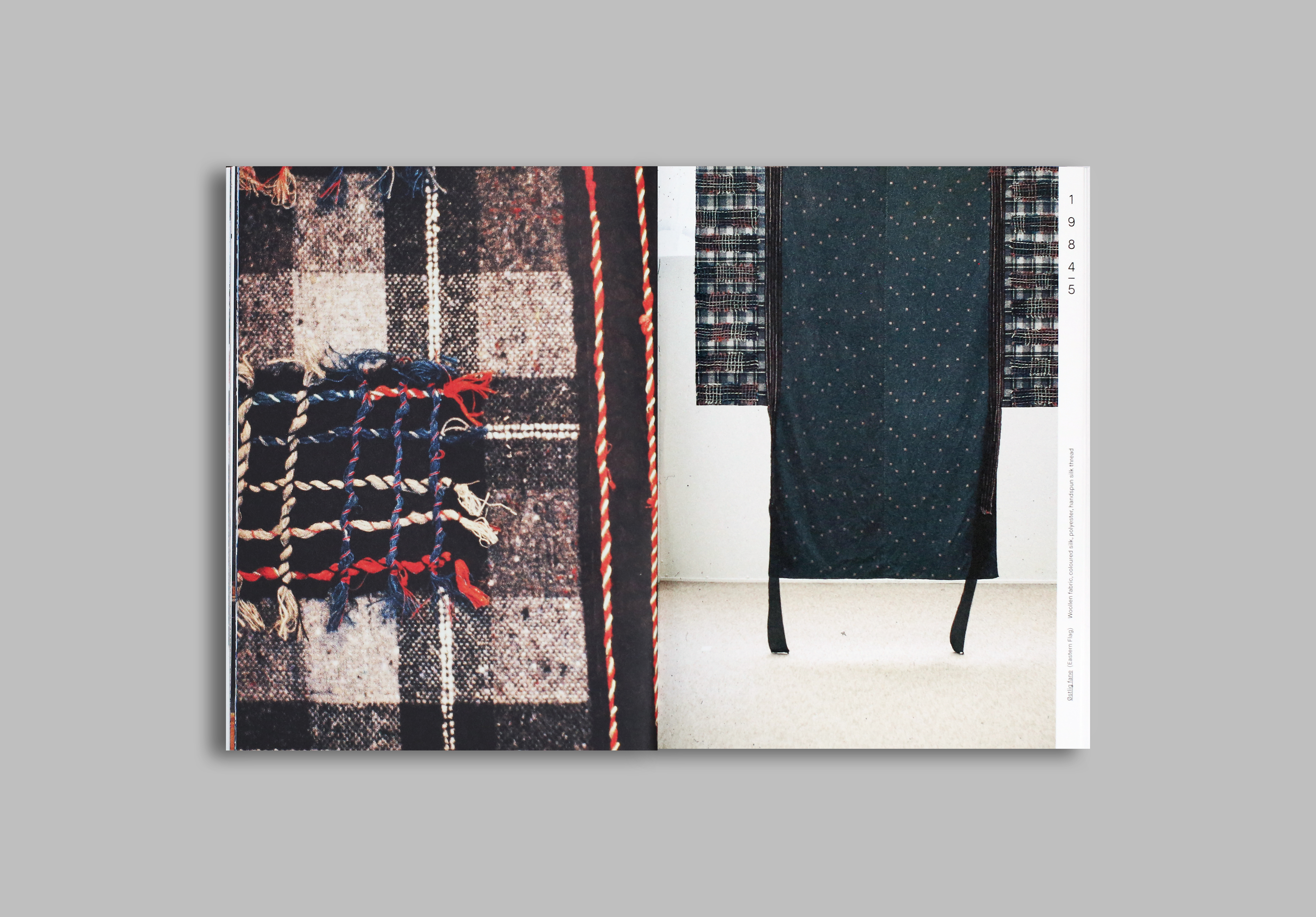

Aktuell #2
Elisabeth Haarr
A monograph on Elisabeth Haarr, with an interview by Lotte Konow Lund and photographs by Eline Mugaas.
Aktuell is a series of publications presenting work by contemporary artists based in Norway. A collaboration between Torpedo Press and Kunsthall Oslo, Aktuell offers compact English language monographs on both emerging and established artists, focusing on work that has not been addressed by existing publications. Images from the artists’ practice are central to the series, contextualised by commissioned essays and interviews.
The title of the series, Aktuell, cannot be precisely translated into English – it can mean current, relevant, or potential.
Elisabeth Haarr
A monograph on Elisabeth Haarr, with an interview by Lotte Konow Lund and photographs by Eline Mugaas.
Aktuell is a series of publications presenting work by contemporary artists based in Norway. A collaboration between Torpedo Press and Kunsthall Oslo, Aktuell offers compact English language monographs on both emerging and established artists, focusing on work that has not been addressed by existing publications. Images from the artists’ practice are central to the series, contextualised by commissioned essays and interviews.
The title of the series, Aktuell, cannot be precisely translated into English – it can mean current, relevant, or potential.
22.0 x 16.0 cm, 204 pages
Elisabeth Haarr (born 1945) is considered one of Norway’s central and most influential textile artists. Her career as an artist, educator and activist spans five decades, and throughout this time she has worked for the recognition of textile art in the contemporary art field.
Elisabeth Haarr’s practice encompasses many different kinds of commitment, strongly shaped by the decades she has been active. From the 1970s campaign against the EU, through support for anti-imperialist struggles and the Solidarity movement of the 1980s, to identity politics, feminism, and the critique of power. Haarr’s politics is expressed through aesthetic, formal and material contradictions in her work. In her early abstract tapestries from the late 1960s she began experimenting with synthetic thread that contrasted with the traditional wool. In the 1970s she explored silkscreen, poster production and collage work. In the 1980s, she began to embroider and explore materials such as plastic, wire and acrylic.
Elisabeth Haarr (born 1945) is considered one of Norway’s central and most influential textile artists. Her career as an artist, educator and activist spans five decades, and throughout this time she has worked for the recognition of textile art in the contemporary art field.
Elisabeth Haarr’s practice encompasses many different kinds of commitment, strongly shaped by the decades she has been active. From the 1970s campaign against the EU, through support for anti-imperialist struggles and the Solidarity movement of the 1980s, to identity politics, feminism, and the critique of power. Haarr’s politics is expressed through aesthetic, formal and material contradictions in her work. In her early abstract tapestries from the late 1960s she began experimenting with synthetic thread that contrasted with the traditional wool. In the 1970s she explored silkscreen, poster production and collage work. In the 1980s, she began to embroider and explore materials such as plastic, wire and acrylic.
Edited by Will Bradley, Elin Maria Olaussen, Karen Christine Tandberg & Kathrine Wilson
Design by Nell May
Edition of 750
Language: English
ISBN 978-82-93104-24-7
Published by Torpedo Press 2021
Published with support from The Fritt Ord Foundation and Arts Council Norway.
Design by Nell May
Edition of 750
Language: English
ISBN 978-82-93104-24-7
Published by Torpedo Press 2021
Published with support from The Fritt Ord Foundation and Arts Council Norway.